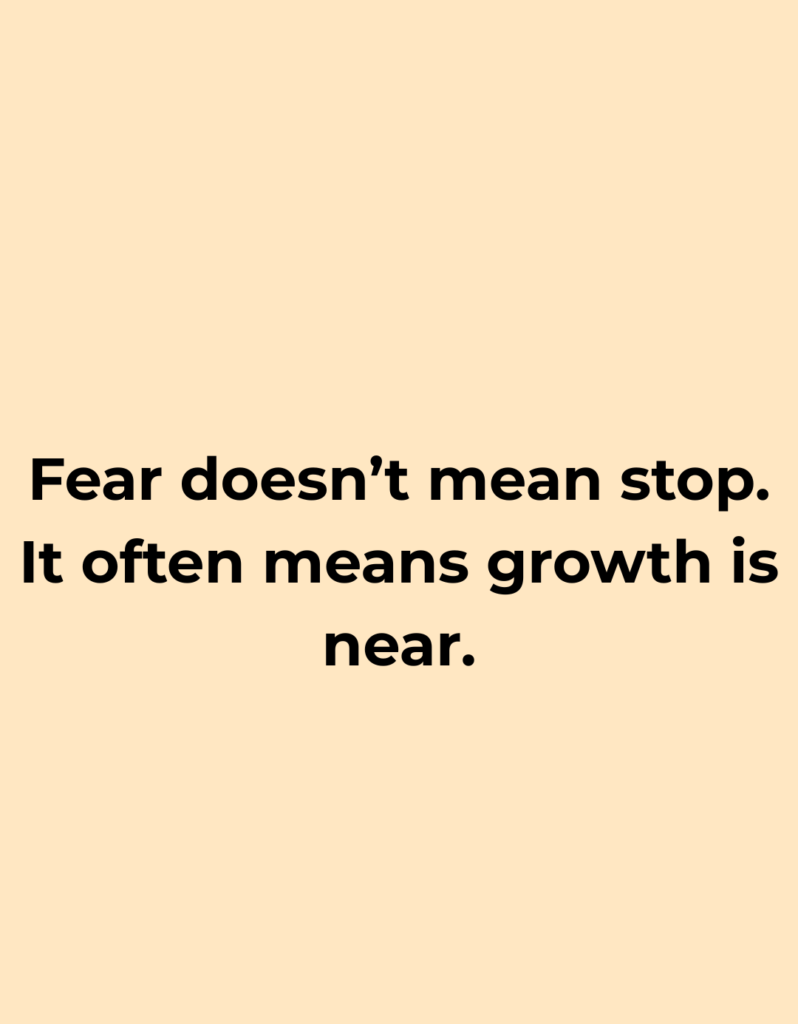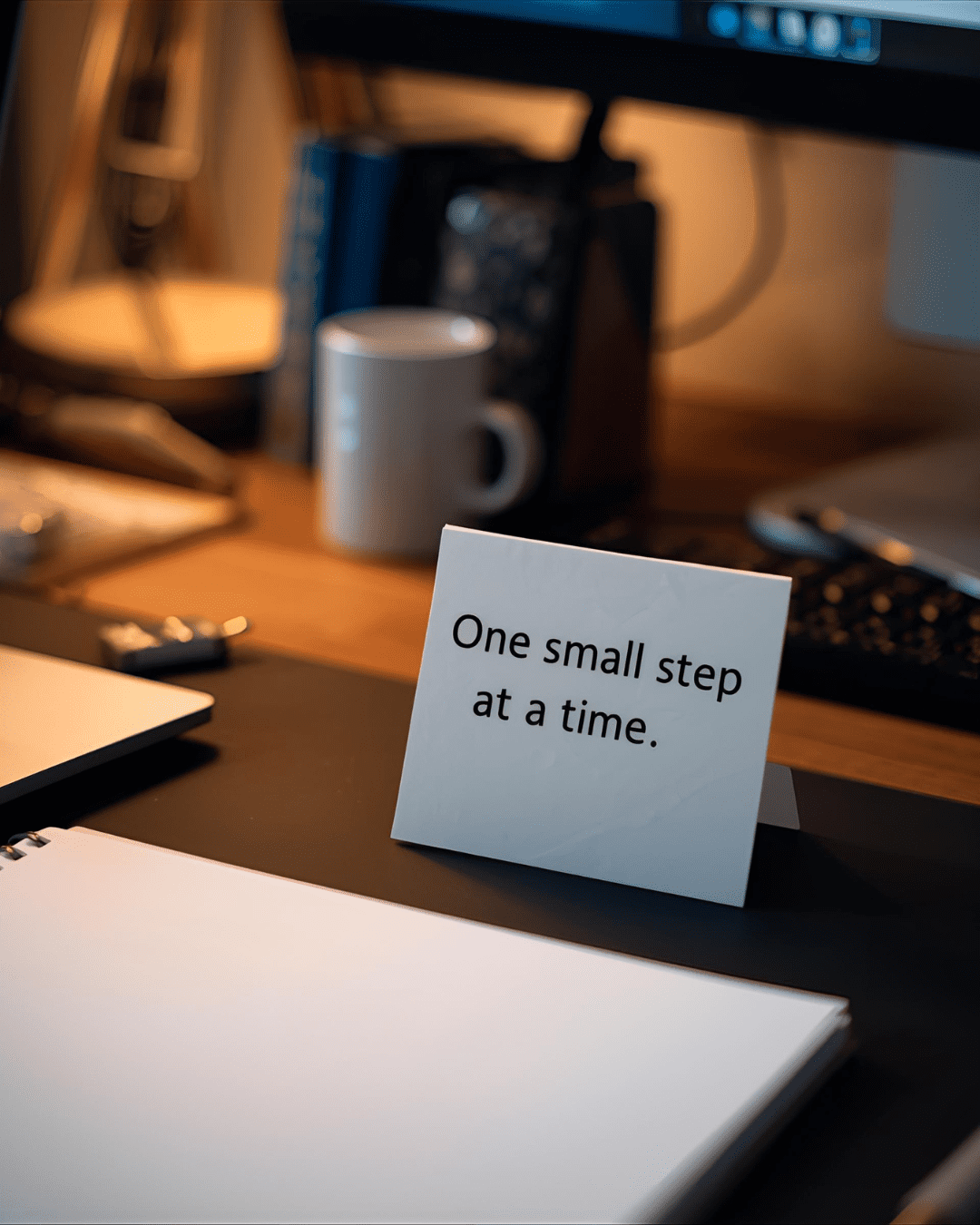The Power of Quiet Wins: Choosing Peace Over Performance
Life has a way of slowing us down just enough to get our attention — usually after we’ve been pushing ourselves way too hard. We live in a world where loud is mistaken for successful. If your progress isn’t visible, posted, celebrated, or validated, it can feel like you’re not doing enough. Like you’re behind. […]
The Power of Quiet Wins: Choosing Peace Over Performance Read More »










